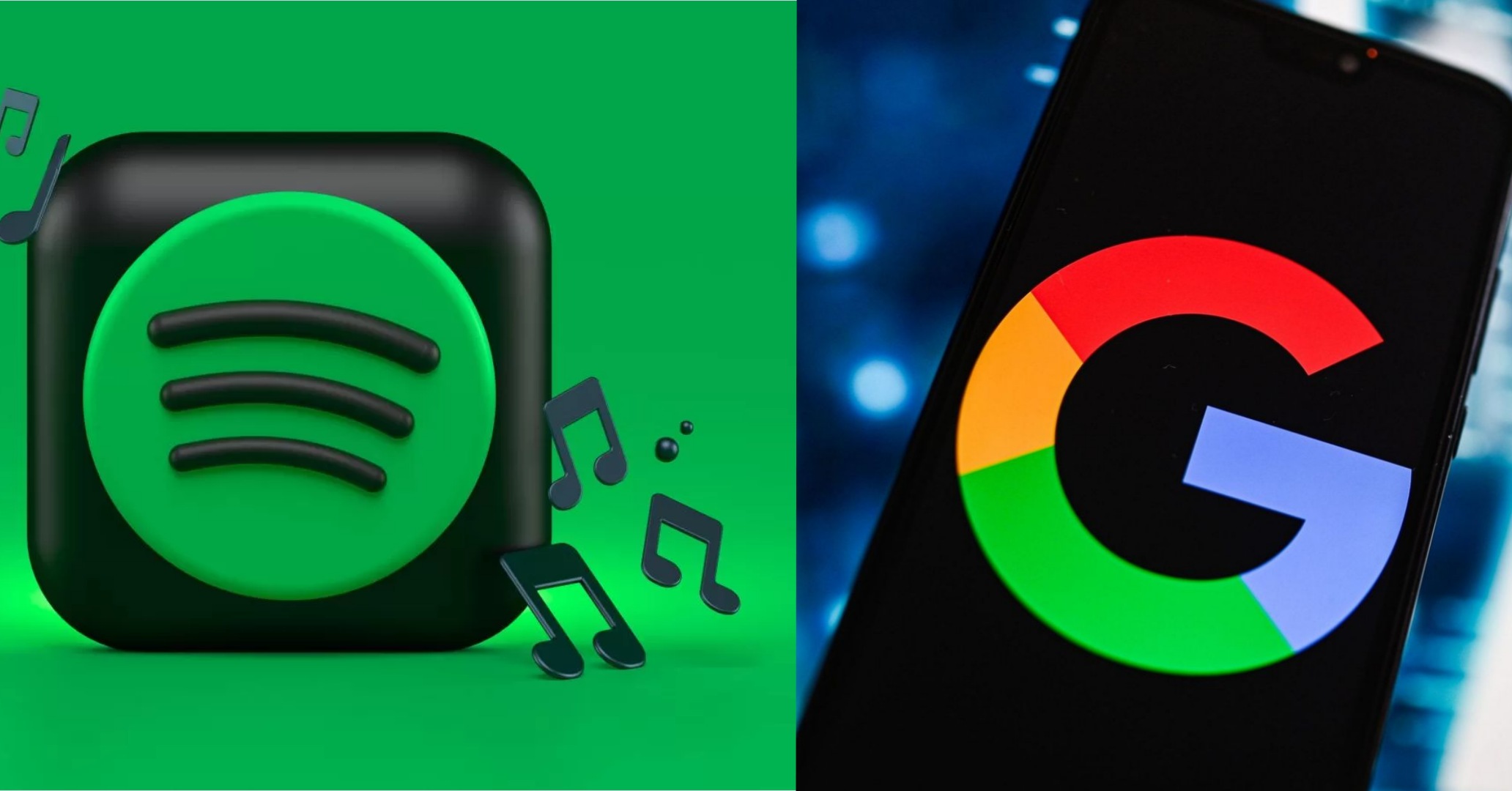
During the ongoing Epic vs Google trial, a Google executive reportedly confirmed that the tech giant permitted Spotify to bypass the mandatory Play Store fees. The Verge discloses details of a confidential deal, exposing that Spotify had the privilege of handling its own payments on the service without paying Google any commission. Initially kept under wraps, the specifics of this arrangement were revealed as part of the ongoing legal battle with Epic Games, the creator of Fortnite.
According to reports, Don Harrison, Google’s head of partnership, testified that Spotify did not incur any fees when processing customer payments independently. However, if users opted to pay Spotify through Google’s in-app billing service, the platform paid Google a 4 percent commission.
While Google typically charges most publishers on its platform a 15 percent cut for all app and in-app purchases, exceptions exist in countries like South Korea, India, and 35 others. In these regions, developers have the option of user choice billing, reducing the commission by 4 percent.
The report highlights that, apart from Spotify’s popularity on Android, the Google executive disclosed an agreed “success fund” between Google and Spotify, where each company committed $50 million.
Despite this special treatment from Google, Spotify remains subject to in-app purchase commissions, which can reach up to 30 percent on Apple’s App Store. Similar to Netflix and other services, Spotify does not allow users to subscribe via the app on iOS.
The impact of these revelations on Epic Games’ case against Google remains uncertain. Epic Games filed lawsuits against both Apple and Google over alleged antitrust practices, including restrictions on alternative billing systems and app stores on iOS and Android. The trial has uncovered various details about Google and its dealings, including a significant deal with Samsung to feature the Play Store, Assistant, and Search apps as defaults on Galaxy smartphones.
It’s important to note that the Epic vs Apple trial concluded earlier this year, with the Ninth Circuit Court affirming a 2021 decision that found Apple’s ban on competing app stores on iOS did not violate US antitrust law. While Apple lost one claim in the trial, requiring them to allow links to external payment systems inside apps, Epic has appealed the verdict to the US Supreme Court, and Apple has sought to overturn the ninth circuit court’s order blocking its anti-steering rules.
